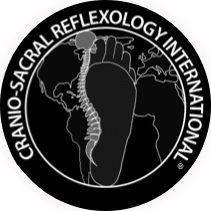TOPICS
The physiological role of blood and urine
Most of the samples that come into the laboratories are blood and urine, so the interpretation of these test results is the most common in the naturopath/reflexologist’s practice. In this lecture we will review the physiological role of these elements, their constituent elements and their function.
Laboratory tests in general
The method of sampling for laboratory tests is blood sampling.
Accurate knowledge of the composition (quantity and quality) of healthy blood is of diagnostic importance in medicine because changes in the quantity and/or quality of the various components can be measured.
The aim of laboratory tests is to compare the amounts and proportions of the components being tested with those in healthy blood and to deduce the pathology from the results.
Interpreting the results of a complete blood count and urine test
Examination of the complete blood count, which is part of the routine examination, or is aimed at excluding or detecting the underlying causes of the symptoms.
A complete blood count, which is part of a routine check-up or targeted to rule out or detect underlying causes of symptoms.
In case of illness, it is used to assess the condition and to monitor the effectiveness of therapy during treatment.
The presentation will show the meaning and comparison of blood and urine parameters with normal values.
Interpreting the results of clinical chemistry tests – Additional laboratory tests
Areas of clinical chemistry testing include the detection of tissue and cellular damage, and the function of excretory organ systems.
– Enzyme tests
– Mycobiological-
– Tumour marker-
– Coagulation
– Immunological tests
Criteria for the evaluation of test results In this presentation, we will review the aspects of artefact analysis.
The lecture will present the interrelated/interfering parameters for each type of disease (anaemia, inflammatory processes, lipid metabolism disorders, etc.).
During the exercise, laboratory findings will be interpreted from the reflexologist’s point of view, based on the lectures.
The importance of respecting competence boundaries.


